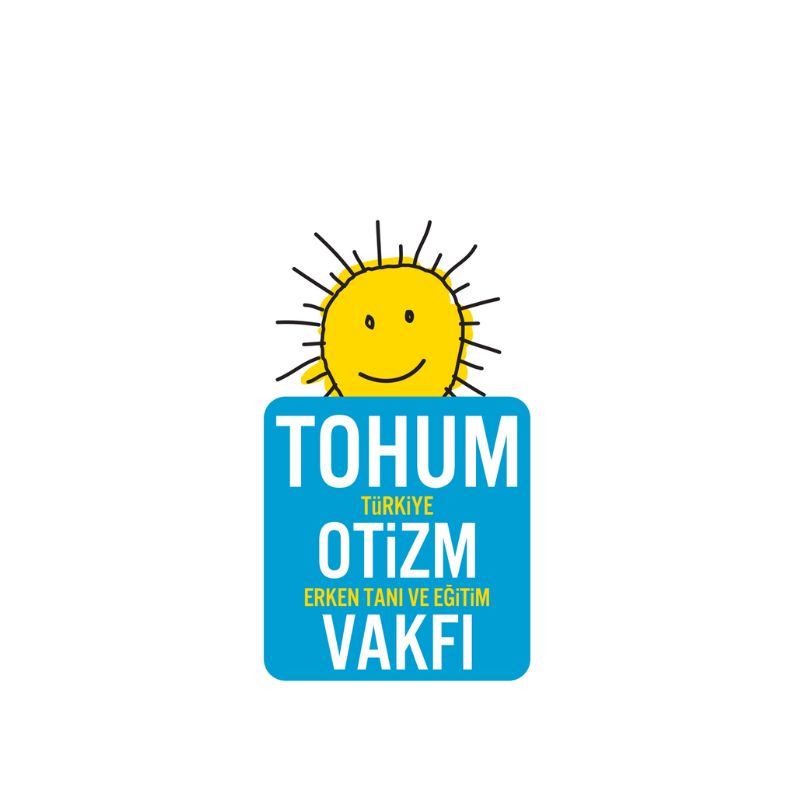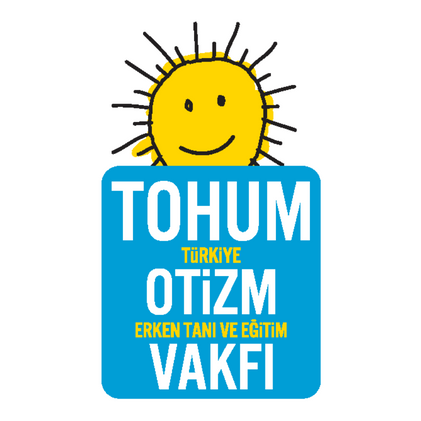The special intensive education services provided by The Tohum Foundation Special Education School are based on the ABA-Applied Behavior Analysis method which have been used for more than 40 years in many countries and predominantly in the United States. This applied behavioral method is the most effective educational and scientifically verified method for children with ASD.
As the demand is very high, there is a limit to the number of students which can effectively be educated. In order to meet this high demand and to allow the syllabus to be utilised by other families with ASD children, we have created training sessions.
Frequently Asked Questions
[vc_accordion active_tab=”” collapsible=”yes”][vc_accordion_tab title=”Why aren’t all of your education programs full-day?”]The Princeton Child Development Institute (“PCDI”) syllabus which we use limits us to a maximum of 36 children. Breaching this syllabus would mean breaching the scientific application which is currently in use in 9 countries and thereby nullify the standard altogether. Also, our school is physically only suitable for accepting training for 24 children.
There is a reason for our classes to have crowded students. As you are very aware, one of the problems for children with ASD is their inability to communicate with others. Many of these children are reluctant to begin chatting or continue a conversation which has been begun. We increase the number of students within a class in order to increase communication opportunities. Skills such as one student asking the other student for a pencil, to say thank you, to say good morning and to communicate with their peers are very important skills.
There are hundreds of studies which state that ABA techniques and strategies are very effective in teaching many types of skills to children with ASD of all ages such as communication, forming relationships, playing skills, social skills, achieving success at school and joining in the life of the community. Therefore it is important to begin ABA techniques as soon as your child has been diagnosed with ASD. It has been observed that approximately half of children who have had early and intensive behavioral intervention have been able to develop cognitive and adaptive skills closing the gap with their normally developing peers.
One of the erroneous beliefs about Applied Behavioral Analysis is that it makes children into robots. This presupposition is not correct. One of the typical features of individuals with ASD is that they behave according to a certain routine, they exhibit repetitive behavior, they have monotone single level voices, and have problems coordinating their gestures and expressions with their speech. These features may be perceived as the robotization of an individual but to the contrary, Applied Behavioral Analysis seeks to develop new skills and to shape the ASD type.
ABA – Applied Behavioral Analysis services can be offered by professionals in psychology, special needs teachers and those in related areas. For example in the United States, ABA is provided by those who have post-graduate degrees or are certified in this particular branch. In Turkey, the Tohum Autism Foundation’s teachers are taught according to the American Princeton Child Development Institute’s behavioral analysts. Teachers who have mastered these skills apply to entire range available at the Tohum Autism Foundation Private Special Education School. Another venture is the Anadolu University (www.anadolu.edu.tr) Social Sciences Institute’s faculty which is administered by the Research Institute for Individuals with Disabilities (eae.anadolu.edu.tr) teaching body and which offers the Master’s Program on Applied Behavior Analysis in Autism Spectrum Disorders. The objective of these programs is to produce specialists who will provide therapy/treatment for individuals with ASD, will help individuals with ASD to be part of and to raise awareness of the rest of society in Turkey. The increase in these efforts and a more widespread absorption of the programs, the arrangement of comprehensive certificated programs is important for the provision of quality services to children with ASD and their families.
ABA is a scientific method which is an amalgamation of building communication skills, play skills social skills, being successful at school and integrating into social life, etc. Playing skills are taught with ABA at an early age to children with ASD. If you would like to have more detailed information on playing skills, please access the ‘Playing Games’ section under the Gaining Basic Skills.
















